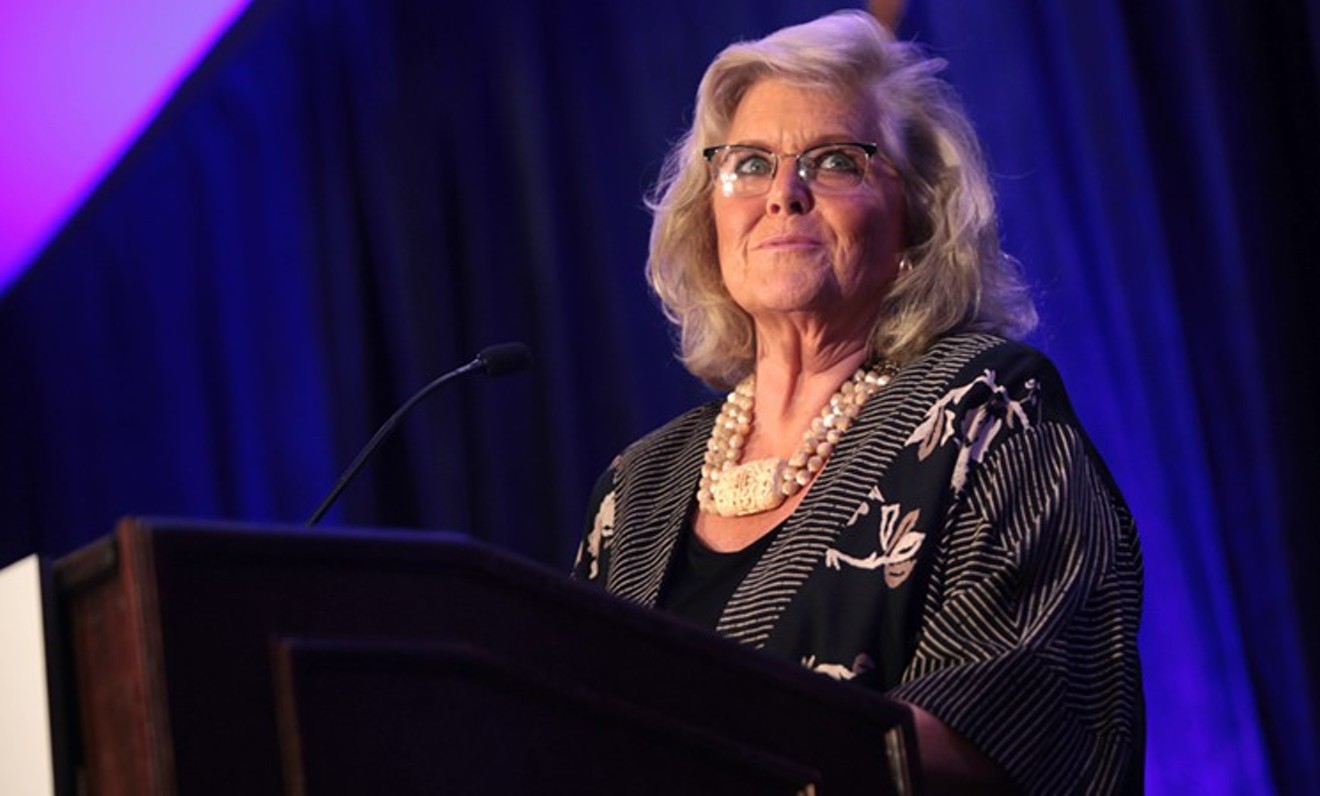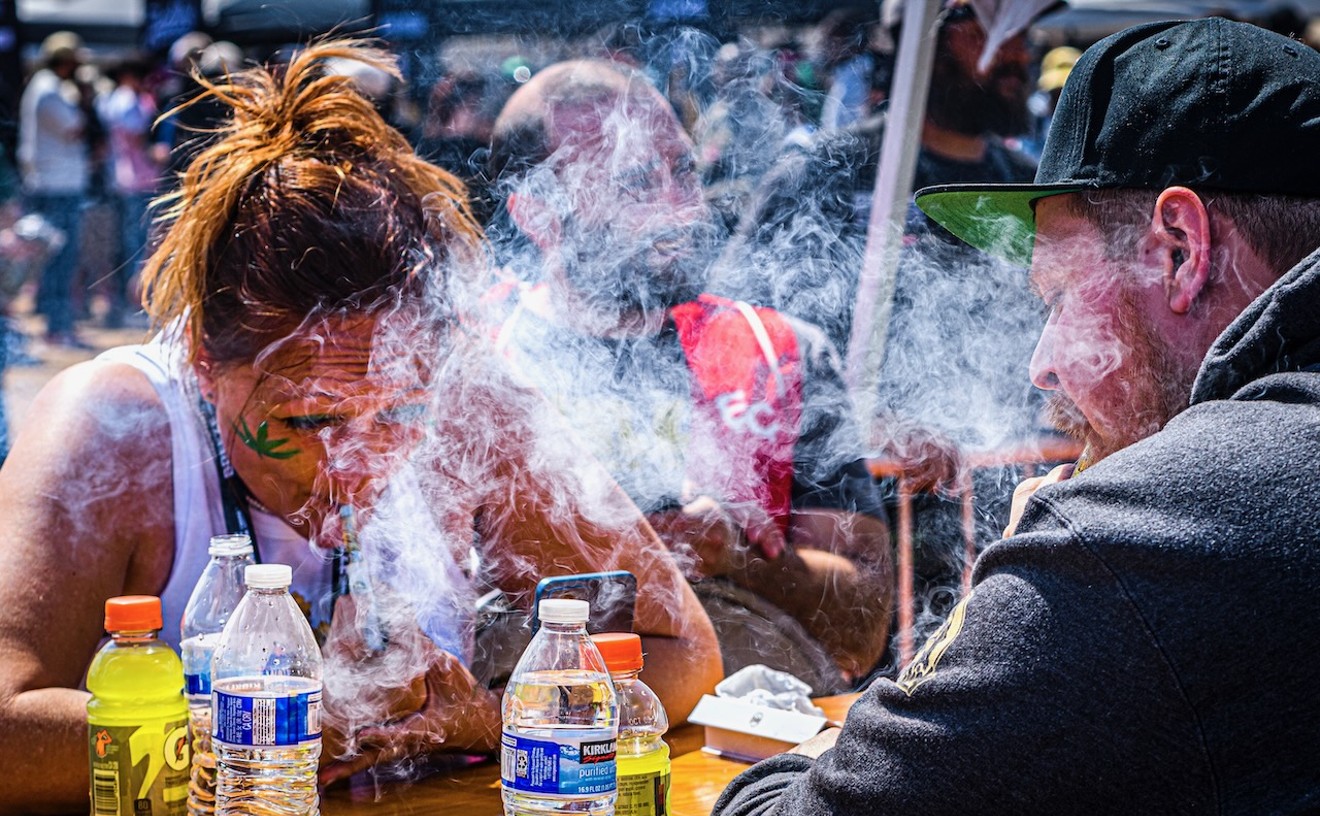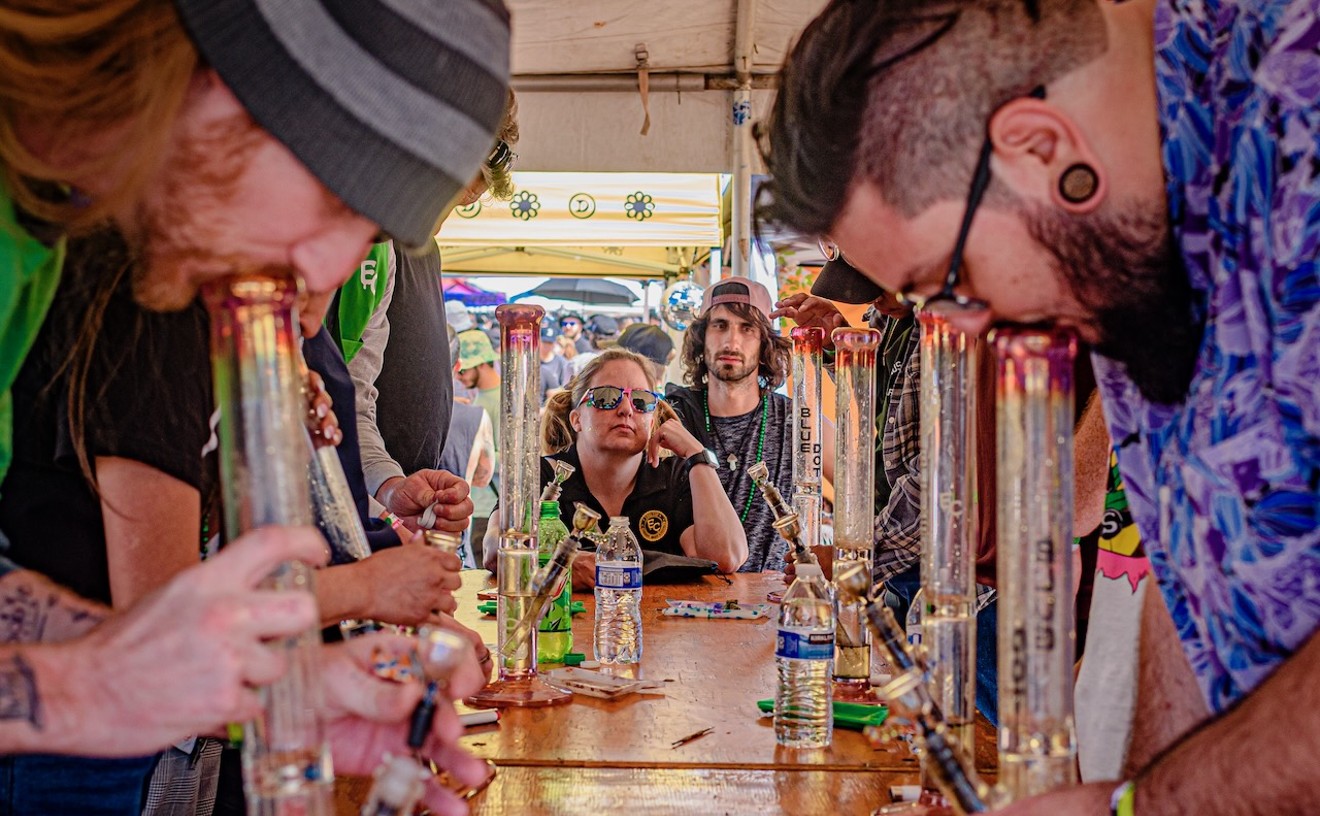After spending $1.25 million to get on the ballot and fend off legal challenges, the campaign to legalize recreational cannabis for adults in Arizona, Proposition 207, was recharged with nearly $1.47 million in late-summer donations.
The campaign against the initiative, Arizonans for Health and Public Safety, raised about $298,000, roughly one-fifth of the pro-cannabis side in that in the same time period. Its donations came largely from deep-pocketed conservatives.
From mid-July to the end of September, the period covered by the third-quarter campaign finance reports released last week, Smart and Safe Arizona, the pro-207 campaign, received 73 individual donations. Most were small amounts of less than a $1,000, with the exception of dispensary owners Greta Brandt and Gino Lucadamo, who gave $20,000 and $2,500, respectively.
The vast majority of the pro-207 campaign's contributions came from dispensaries and other marijuana businesses. For instance, Arizona's largest wholesale grower, Copper State Farms, gave $245,000, bringing its total donations to $400,000. Chandler and Glendale-located Oasis Dispensaries gave $140,000, bringing its total to $200,000. And Phoenix-based AMMA Investment Group, whose website advertises that it offers hydroponic greenhouse management through an affiliate company, brought its total donations to $35,500.
Campaign manager Stacy Pearson said this is by design.
"We didn't ask individuals to donate," she told Phoenix New Times. Instead, due to the large number of political efforts seeking funding this year, the campaign always planned to rely on support from the medical marijuana industry instead of small donors.
In the same time frame, the campaign against Prop 207 received 59 individual contributions, averaging $2,600 each. Nearly a third of the money donated against the measure, $100,000, came from Randy Kendrick, a conservative activist and the wife of Arizona Diamondbacks owner Ken Kendrick. She also gave $100,000 against the 2016 marijuana legalization initiative.
Also lining up against the measure, the fundamentalist Center for Arizona Policy Action gave $82,000, Yavapai County anti-drug group MATFORCE gave $35,000, Phoenix insurance company head Priscilla Londen gave $20,000, and Camelback Road-based Bill Luke Chrysler Jeep & Dodge, Inc. gave $20,000. West Valley U.S. representative Debbie Lesko gave $5,000 from her reelection fund.
A couple of out-of-state interests also weighed in. National anti-pot activist Julie Schauer brought her total donation to $8,500 and Wyoming conservative mega-donor Dan Brophy gave $5,000. Brophy and Kendrick both serve on the board of the conservative Goldwater Institute.
Despite its cash influx, the pro-legalization campaign had only doled out $414,000 in the period ending in September. Around two-thirds of that, $284,856, went to operating expenses: campaign management and consulting, surveys and research, and around $75,000 in legal fees fighting to keep the initiative on the ballot.
The rest, just over $129,000, went to advertisements, signs, calls and texts, and sponsoring the Laveen Community Council. The largest chunk, $59,000, went to Solidarity Strategies, a political consulting firm founded by former Bernie Sander's campaign Latino outreach head Chuck Rocha, to run a calling and texting program that includes a focus on Latino voters.
A direct comparison to Arizonans for Health and Public Safety is difficult because the group didn't break out operation expenses in the same way. Of the $195,000 the committee spent in that period, $14,000 was spent on consulting, $125,000 went to advertising, and $37,000 went to signs and sign installation.
Pearson said the "for" campaign's plan was to launch a major outreach effort once early ballots were sent out beginning October 7, and it has since spent the $1 million remaining at the end of September and then some. On top of direct voter outreach efforts, the campaign pre-bought TV ad slots during the World Series and football games in anticipation of the local advertising market's election boom.
"We knew it was going to be expensive and planned ahead," Pearson said. "...This is exactly how [the campaign] was designed."
[
{
"name": "Air - MediumRectangle - Inline Content - Mobile Display Size",
"component": "18478561",
"insertPoint": "2",
"requiredCountToDisplay": "2"
},{
"name": "Editor Picks",
"component": "16759093",
"insertPoint": "4",
"requiredCountToDisplay": "1"
},{
"name": "Inline Links",
"component": "17980324",
"insertPoint": "8th",
"startingPoint": 8,
"requiredCountToDisplay": "7",
"maxInsertions": 25
},{
"name": "Air - MediumRectangle - Combo - Inline Content",
"component": "16759092",
"insertPoint": "8th",
"startingPoint": 8,
"requiredCountToDisplay": "7",
"maxInsertions": 25
},{
"name": "Inline Links",
"component": "17980324",
"insertPoint": "8th",
"startingPoint": 12,
"requiredCountToDisplay": "11",
"maxInsertions": 24
},{
"name": "Air - Leaderboard Tower - Combo - Inline Content",
"component": "16759094",
"insertPoint": "8th",
"startingPoint": 12,
"requiredCountToDisplay": "11",
"maxInsertions": 24
}
]












